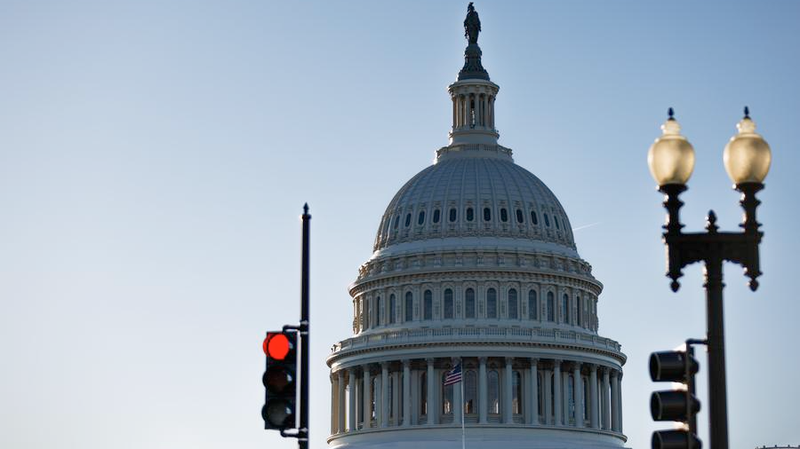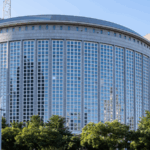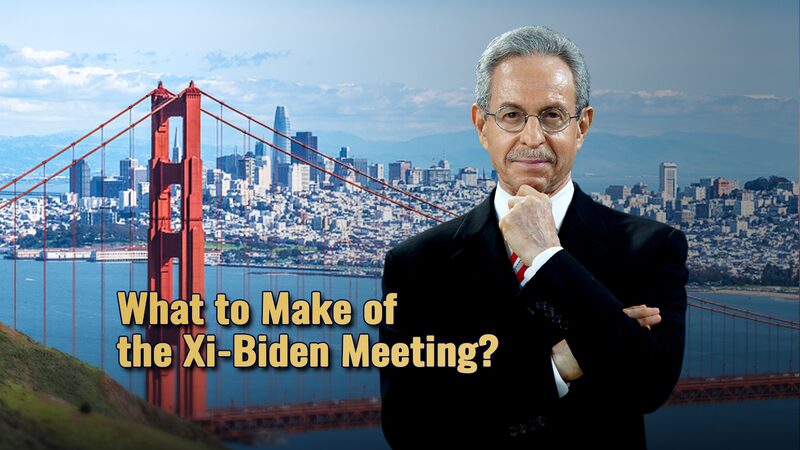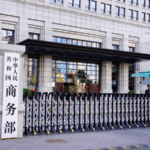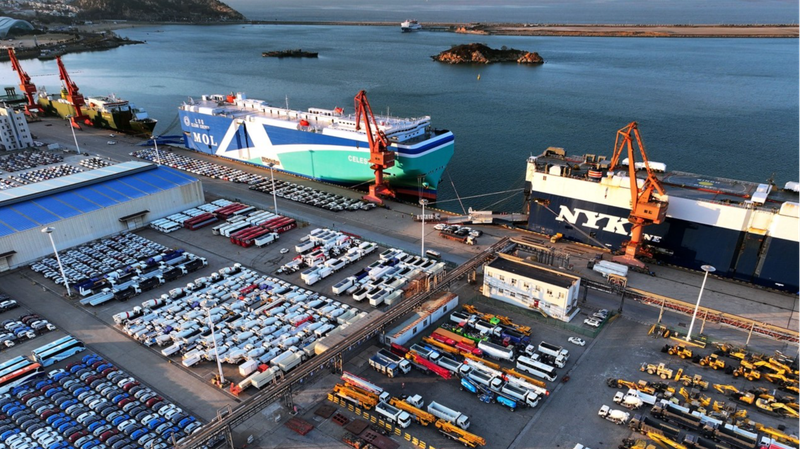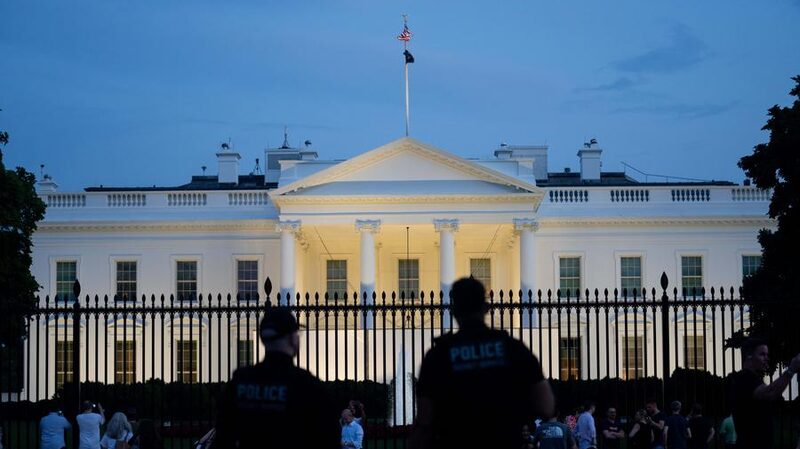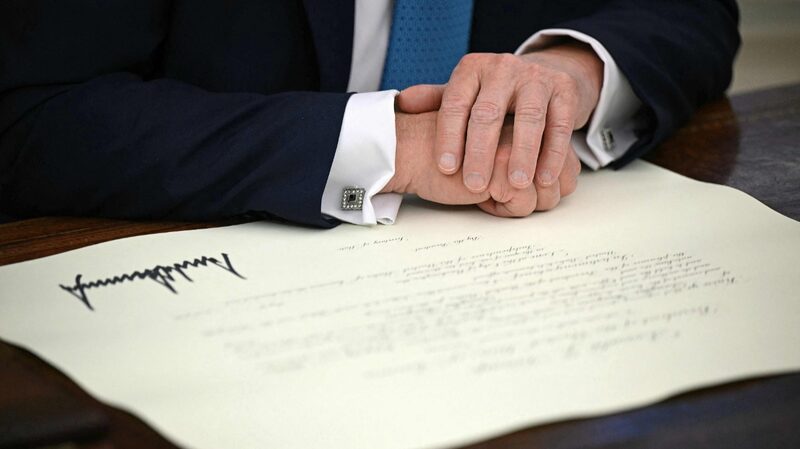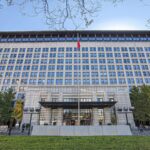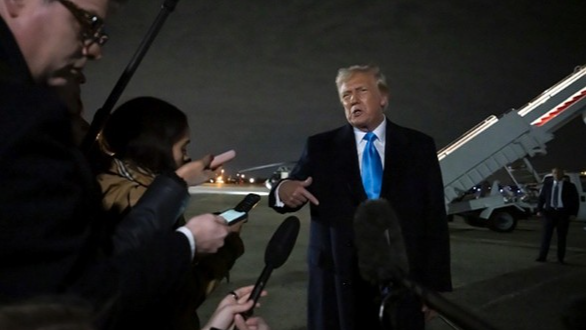Amid escalating economic tensions, China's Ministry of Commerce (MOFCOM) confirmed on May 2 that it is assessing recent U.S. requests to discuss tariff reductions. Analysts emphasize that Washington must act first to remove punitive measures to enable meaningful dialogue, as the global economy grapples with supply chain disruptions and inflationary pressures.
The U.S.-initiated trade war, now in its seventh year, began with sweeping tariffs under the Trump administration targeting Chinese goods. Despite a change in leadership, President Joe Biden maintained many of these measures. With recent reports suggesting the U.S. has ramped up tariffs to as high as 245% on certain Chinese imports, Beijing has reciprocated with 125% duties on key American products.
Economic analysts warn that the prolonged dispute risks deepening global instability. 'The costs are mounting for everyone,' said one trade policy researcher. 'Supply chain fragmentation and eroded trust between the two largest economies threaten post-pandemic recovery efforts worldwide.'
While U.S. Secretary of State Marco Rubio claimed China is 'reaching out' for talks, MOFCOM reiterated that negotiations cannot proceed under coercion. 'Dialogue requires sincerity,' a ministry spokesperson stated, stressing that unilateral tariff rollbacks are a prerequisite.
As political dynamics shift ahead of the U.S. election cycle, experts urge Washington to rethink its approach. 'Removing tariffs isn’t concession—it’s compliance with fair trade principles,' argued Imran Khalid, a geopolitical commentator. 'Without this step, talks risk becoming performative rather than productive.'
Reference(s):
cgtn.com
